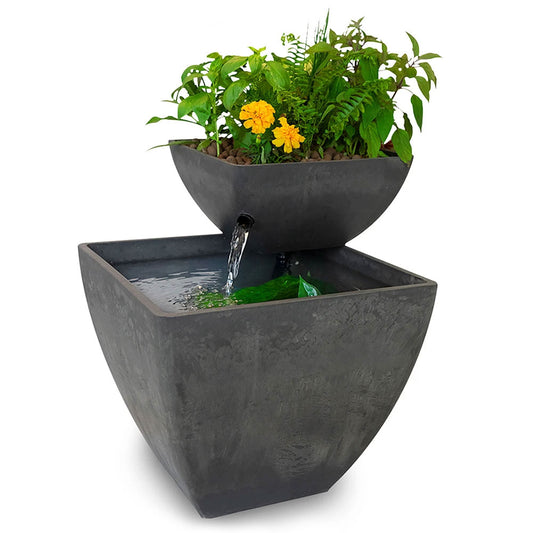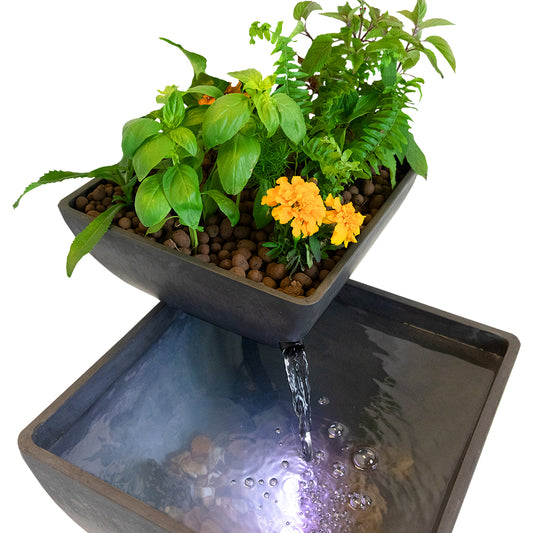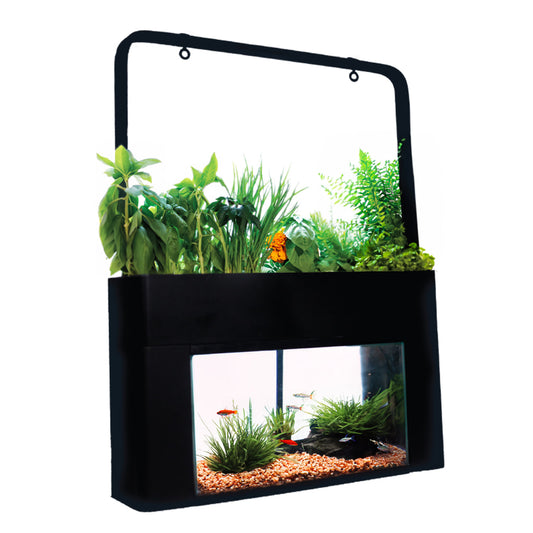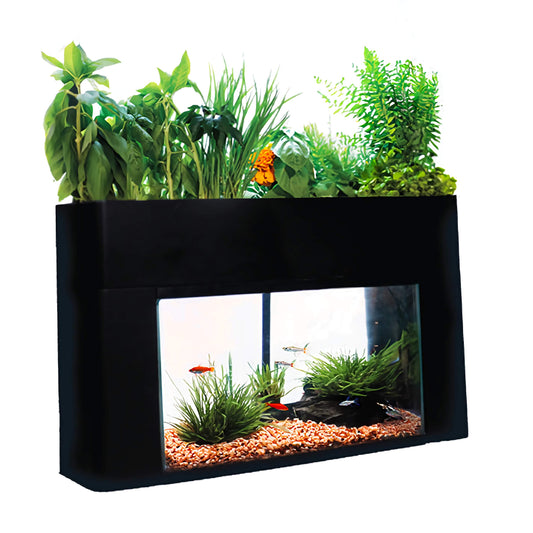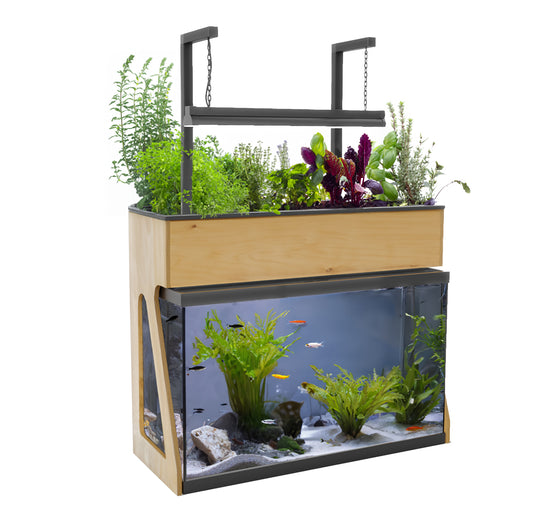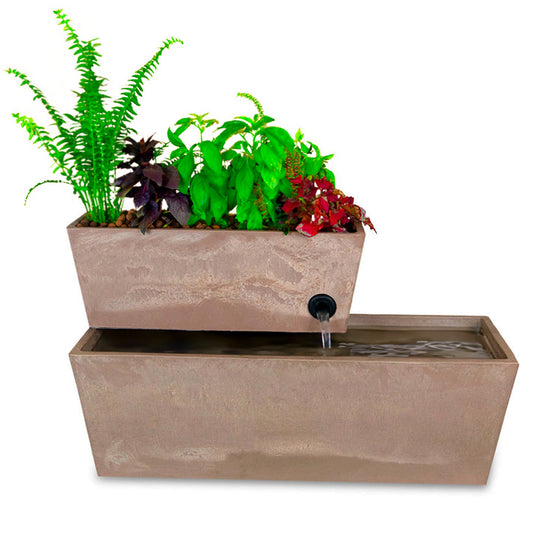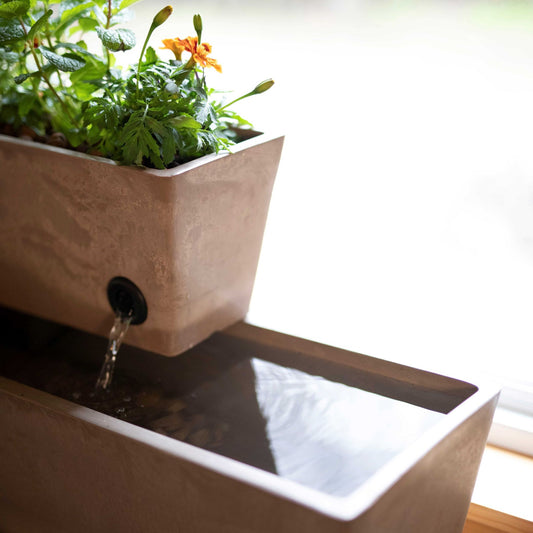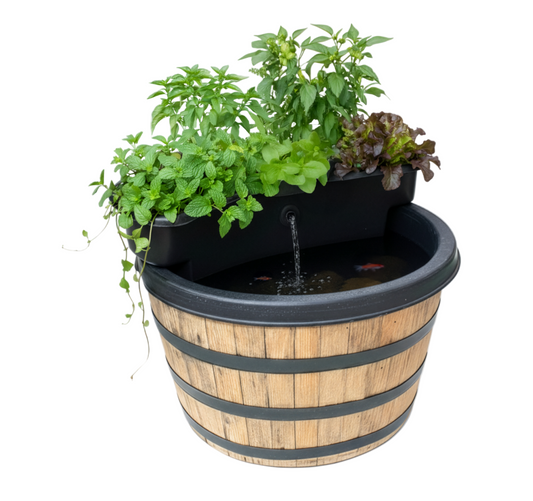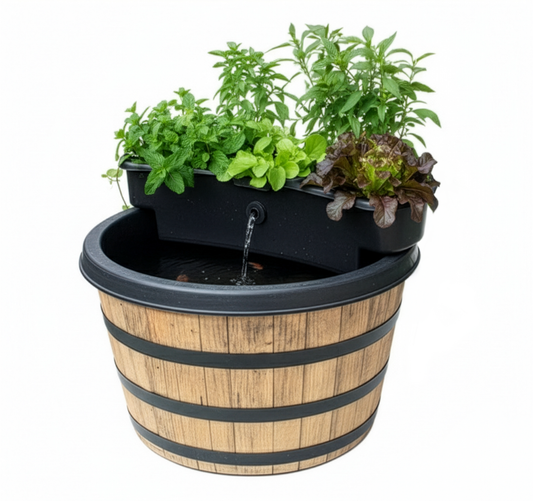Unlocking the Power of Grants: Funding Your AquaSprouts Classroom Garden
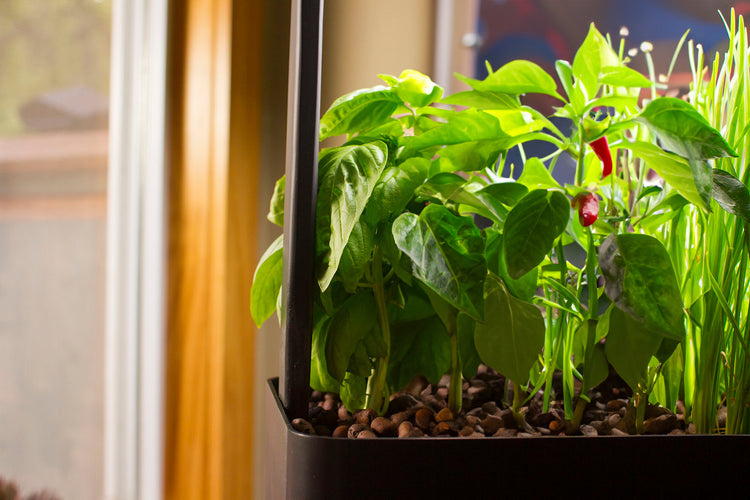
Are you a teacher dreaming of transforming your classroom with a dynamic aquaponics system? An AquaSprouts Garden offers a unique, hands-on learning experience where students can delve into ecosystems, sustainable food production, and the interconnectedness of nature. However, bringing this innovative resource into your classroom can come with costs. That's where grants can pave the way! Let's explore strategies for finding those grants and expertly crafting proposals that secure funding for your aquaponics project.
Why Aquaponics in the Classroom?
Before embarking on your funding journey, let's revisit the compelling reasons to invest in an AquaSprouts Garden:
- Experiential Learning: Nothing beats witnessing the symbiotic relationship between fish, plants, and beneficial bacteria firsthand. It's science in action!
- STEM Integration: Aquaponics seamlessly connects biology, chemistry, ecology, and even engineering concepts.
- Cross-Curricular Connections: Explore food production, nutrition, water conservation, environmental sustainability – the possibilities span multiple subjects.
- Responsibility and Care: Students develop essential caretaking skills as they maintain the garden's delicate balance.
- Beyond the Textbook: An aquaponics garden sparks curiosity and encourages students to become environmental stewards and problem solvers.
Types of Grants
Let's familiarize ourselves with the various funding sources that could support your vision:
Government Grants:
- https://www.grants.gov/: https://www.grants.gov/: This centralized database offers a vast collection of federal grants.
- Institute of Education Sciences (IES): https://ies.ed.gov/ (part of the U.S. Department of Education): Focuses on grants supporting educational research and initiatives.
- Your state's Department of Education website: Check for funding programs specifically tailored to your region.
- Captain Planet Foundation: https://captainplanetfoundation.org/: Dedicated to supporting youth-led, hands-on environmental projects.
- Whole Kids Foundation: https://www.wholekidsfoundation.org/: Provides funding for school gardens and farm-based education programs.
- The NEA Foundation: https://www.neafoundation.org/: Offers grants to educators, prioritizing projects that enhance student learning across diverse subjects.
- Corporate Grants:
Local Community Grants:
Research community foundations, local businesses, and even service organizations (like Rotary Clubs or Lions Clubs) which may offer grants within your area.
Grant Resources and Databases
- GrantWatch] (https://www.grantwatch.com/): Subscription-based service offering extensive grant listings.
- Candid](https://candid.org/): Provides comprehensive resources with in-depth information on foundations and their grant programs.
- Instrumentl](https://instrumentl.com/): A platform streamlined to help nonprofits and educators locate relevant grants.
Crowdfunding for Classrooms:
- Donors Choose: https://www.donorschoose.org/: A trusted platform where teachers can create specific project proposals and inspire individual donors.
Grant Writing Tips: Standing Out from the Crowd
- Align with the Funder's Goals: Thoroughly research the grant provider's mission and objectives, tailoring your proposal to demonstrate a clear connection.
- Tell a Compelling Story: Go beyond listing facts. Share the unique ways your AquaSprouts project will spark student engagement and leave a lasting impact. Use student quotes or potential lesson scenarios to add a personal touch.
- Create a Detailed Budget: Break down costs meticulously, including the garden itself, supplies, maintenance, and any potential guest speakers or field trips connected to your aquaponics unit.
- Measurable Outcomes: Set clear targets for how you'll evaluate your project's success. Consider options like student surveys, pre/post-tests, participation tracking, or even produce yield.
- Showcase Your Passion: Let your enthusiasm for this project shine through! Grant providers are not only investing in an idea but also in the educator who will bring it to life.
Additional Tips
- Start Early! Finding and applying for grants takes time. Begin your search well before you intend to launch your aquaponics garden.
- Teamwork: Collaborate with colleagues! A joint application could lead to a larger, more multi-faceted project.
- Don't Give Up: It's a competitive process—be persistent and learn from each experience.
- Partnerships: Build relationships with local businesses, environmental organizations, or community gardening groups for potential support.
- The Power of Gratitude: Once funded, go above and beyond the funder's requirements and share your project's progress – it could open doors for future collaborations!

